A recommendation by the National Academy of Sciences Is off the Mark
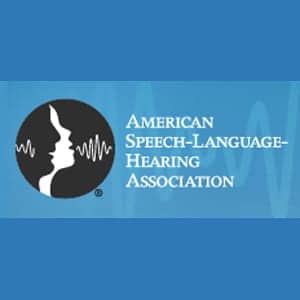
Increasing the affordability and accessibility of hearing help for older Americans is incredibly important. But misguided calls—by both the Obama Administration and the National Academy of Sciences (NAS)—for the US Food and Drug Administration (FDA) to develop a new class of over-the-counter (OTC) hearing devices would be an enormous step in the wrong direction, opening the door to the misuse of hearing devices and making treating hearing loss more difficult.
According to an NAS June 2016 report, there’s no evidence that the existing FDA requirement for adults to have a medical evaluation or to sign an evaluation waiver to purchase a hearing device provides any clinically meaningful benefit. But treating a hearing problem isn’t like searching for a pair of reading glasses at the drugstore or treating a run-of-the-mill headache with OTC pain medication. A trained professional is required to conduct a hearing test or audiogram and determine the exact cause of hearing loss—and whether or not hearing aids are the solution.
The Obama Administration (via PCAST) and the National Academy of Sciences are trying to push the FDA in the wrong direction by calling on them to loosen regulations on hearing aids to encourage the proliferation of lower-cost options. Policymakers and regulators must stress the need to maintain current policies, which recognize the vital role of health professionals in getting people the hearing help they need. Even if people have greater access to hearing devices, we can’t expect them to know how to use them correctly without professional guidance.
For example, once a patient and I decide that they need a hearing aid, I help them adapt to the device itself, which can be tricky. Many patients and policymakers mistakenly believe that simply amplifying sound will make things better for patients. But if patients don’t know the magnitude of their hearing loss, they don’t know if they’re overamplifying or underamplifying. Too much amplification can damage their ear and their hearing even more, and too little won’t help them much in their daily lives. Audiologists like me help patients adjust to exactly the right volume.
Beyond the issue of adult patients self-diagnosing, there would be nothing to stop parents from going to the drugstore and purchasing the OTC devices for their children, and that could have catastrophic results. Too much or too little amplification for children with hearing loss can cause developmental issues in the brain and even increase hearing loss.
The bottom line is that a product doesn’t miraculously fix hearing problems. And although the Obama Administration’s proposal might seem more convenient for older Americans with hearing loss, convenience could come at the expense of undiagnosed medical conditions that are affecting patients’ hearing.
Rather than focusing on OTC hearing devices, the Obama Administration and the FDA must build policy around whole-person health care that takes into consideration the patient’s lifestyle and isn’t just about their ears. A better plan to address access and affordability is to educate the public about the serious need to take care of hearing health and to seek professional help when they notice the signs of hearing loss in themselves or those they love.
The NAS is on the right track when it calls for Medicare, Medicaid, and private insurance coverage of professional services for hearing healthcare, as well as greater access to hearing health and hearing aid programming information. These are recommendations that my organization, the American Speech-Hearing-Language Association, supports.
The FDA’s manufacturing standards for hearing aids aren’t restrictive. They’re simply in the best interest of patients. Policymakers and regulators can best advocate for hearing health by keeping healthcare professionals part of the process. Because, if Americans don’t have a proper hearing aid or don’t know how to use it, not only are they missing out on conversations with their loved ones, but how are they going to hear the ambulance down the street or the smoke alarm going off at home?
Jaynee Handelsman, PhD, CCC-A, is the 2016 ASHA President, and an ASHA Fellow. She is also the director of pediatric audiology in the CS Mott Children’s Hospital and a clinical assistant professor in the Department of Otolaryngology–Head and Neck Surgery in the University of Michigan Health System. Dr Handelsman’s previous ASHA volunteer roles include serving as the audiology co-chair for the 2014 ASHA Convention, service on the Board of Directors as the vice president for professional practice in audiology (2010–2012), membership on the Board of Ethics, the Council for Clinical Certification in Audiology and Speech-Language Pathology (chair in 2009), and the Professional Services Board. Dr Handelsman served as a site visitor for the Council on Academic Accreditation in Audiology and Speech-Language Pathology, was a member of the Preferred Practice Patterns for Audiology Workgroup, and an Audiology Subject Matter Expert (SME) Panel member. She was a Steering Committee member for Special Interest Group 6, Hearing and Hearing Disorders: Research and Diagnostics and is currently a member of the Scientific and Professional Education Board.
Comments to Francine Pierson at: 301-296-8715 or [email protected]
ASHA is the national professional, scientific, and credentialing association for 186,000 members and affiliates who are audiologists; speech-language pathologists; speech, language, and hearing scientists; audiology and speech-language pathology support personnel; and students. Audiologists specialize in preventing and assessing hearing and balance disorders as well as providing audiologic treatment, including hearing aids. Speech-language pathologists identify, assess, and treat speech and language problems, including swallowing disorders.
Source: Jaynee Handelsman, ASHA


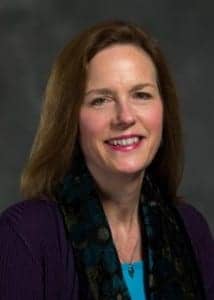
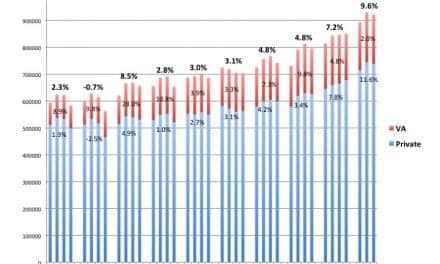
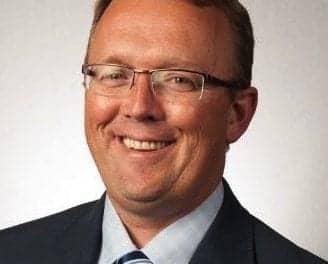
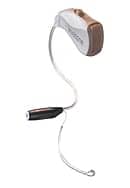
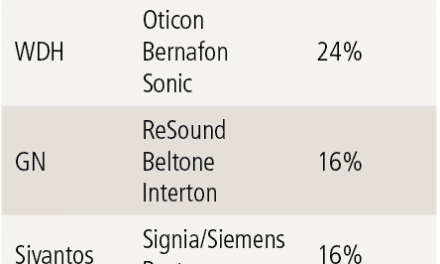
There are situations which warrant an OTC hearing aid. Pure conductive loss is one. Hospice and advanced aging situations where additional trips to health care facilities are not practical are another. Should the single-sided deaf pay $800+ to find out that someone is addressing them on their deaf side when an air-conduction aid with 20 dB of gain for the deaf ear side will solve the problem? We need to address the many practical issues that face the needful. Dogmatic opposition to the OTC option is wrong and risks public contempt. Go and visit an assisted care facility. These are vulnerable people. This is denial of care to immobile individuals with limited financial means.
Very good article! Hearing aids should only be selected at specialized points for the benefit of the patient!
I read the headline and said, “That’s what I’ve been saying.” After each paragraph, “That’s what I’ve been saying.”
I would also speculate that for the majority of cases where OTCs will cause negative outcomes, those people are likely to conclude that hearing aids work as poorly thus perpetuating the myth that hearing aids don’t work. VERY, VERY SAD!
Dr. Handelsman, thank you for taking this appropriate stand for the millions who need professional hearing healthcare, not just something to hang on an ear.
I agree 100% on the point of view proposed in the article. In other countries people can buy some kind of cheap hearing devices (kind of simple amplifiers) via Internet and mostly they can cause more harm to themselves than benefit something positive. Professional hearing aids in order to work properly need fitting and parameters tuning according to hearing loss info (based on audiogram). Moreover, experience of hearing aid professionals is crucial at this point. I think that people making decisions have to get some more insights about certain topics beforehand. They should at least ask professionals about such important matters instead just simplifying problems. Who knows, maybe there is a strong lobby of cheap OTC hearing amplifier producers in the USA.